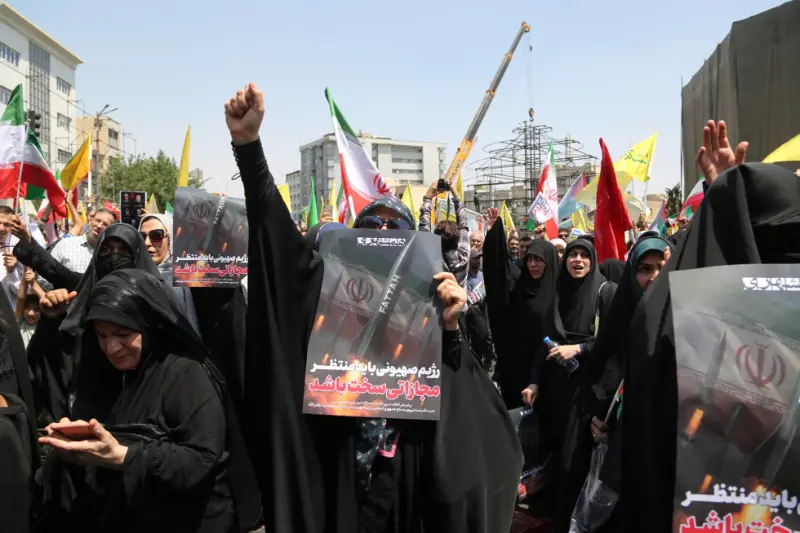The East Is a Delicate Matter: Israel and Iran Throw a Middle Eastern Twist
Published:
A Geopolitical Dance on the Edge: How the Tehran–Tel Aviv Conflict Could Draw in the US, Gulf States, and Even the Global Oil Market

When Israel and Iran start exchanging rocket greetings, the entire Middle East holds its breath—what if they’re playing not just chess, but nuclear chess? This time, despite the UN’s persistent requests to “keep it down after 11 PM,” both sides staged a nocturnal exchange of airstrikes, leaving behind smoldering ruins and unanswered questions.
While the world practices diplomatic judo, calling for restraint, analysts are already bracing for the worst-case scenarios. For example, what if the conflict stops being a private club for two and the US joins the party—by invitation or by accident. As usual, Iran is convinced the Americans are already rubbing their hands behind Israel’s back and trying on new sanctions. In response, Tehran threatens to “respond to everyone,” including US bases in Iraq, the Persian Gulf, and even the Caribbean (just kidding, but who knows). Washington, in turn, reminds everyone it has not just opinions, but bombers capable of breaking through even Iran’s most fortified bunkers. Meanwhile, Donald Trump is secretly rereading his promises “not to start any new forever wars”—though it seems MAGA voters are quite ready for eternity.
The Gulf states, whose oil wells lack only “Do Not Bomb” signs, are nervous too. Remembering the 2019 attacks on Saudi oil facilities, they now dream not of a new iPhone, but of missile defense systems and a “Netflix without war” subscription. And if refineries get hit again, the global economy could get a fever worse than anything the Fed can fix.
If Israel ultimately fails to destroy Iran’s nuclear infrastructure, the Persian response could be not just loud, but radioactive—after all, nuclear acceleration hasn’t been canceled yet. And if Tehran decides the best defense is to build a bomb as quickly as possible, the cycle of strikes and counterstrikes will start to look less like “trimming the grass” and more like a total buzz cut.
And finally, the worst fears: if the regime in Iran collapses, the Middle East will face not just a geopolitical vacuum, but a new round of regional “Game of Thrones,” where every sultan is his own director. The examples of Iraq and Libya are on the last pages of history textbooks.
In summary: everyone’s waiting to see whose nerves will snap first. And if you think gas station problems are the worst of your worries, get ready. The story is just beginning.
Parmegano
Author